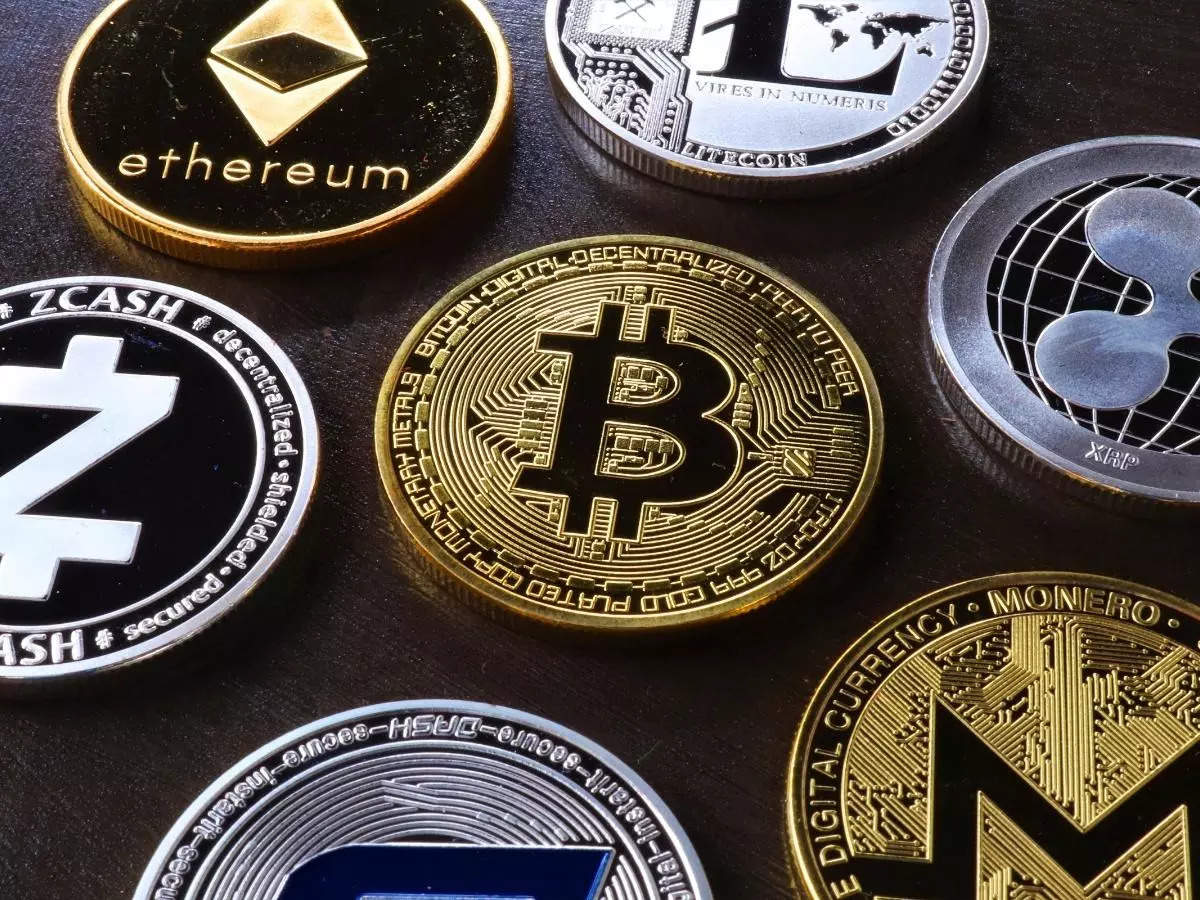ABU DHABI, United Arab Emirates — U.S. digital money trade Kraken is venturing into the Middle East and will open its territorial base camp in Abu Dhabi in the wake of getting a full permit to work a directed exchanging stage the UAE.
“We’re extraordinarily eager to have the option to fix up our activities in the ADGM [Abu Dhabi Global Market] itself to work a virtual resource stage that at last offers Dirham matches for financial backers in the area,” Curtis Ting, Kraken’s overseeing chief for Europe, the Middle East and Africa, told CNBC’s Dan Murphy.
Kraken will turn into the primary digital money trade to offer direct subsidizing and exchanging UAE dirhams against bitcoin, ether and a scope of other virtual resources, subsequent to acquiring administrative endorsement from the ADGM and Financial Services Regulatory Authority for its nearby send off.
“For our purposes, it’s truly essential to work with admittance to worldwide business sectors and worldwide liquidity by ensuring that financial backers and merchants in the district approach nearby monetary standards,” Ting said.
Kraken, which sent off in 2011 and works in north of 60 nations, said the UAE send off marks a more extensive play into an inexorably worthwhile area. The Middle East is one of the quickest developing digital currency markets on the planet, making up 7% of worldwide exchanging volumes, as per Chainalysis.
The UAE executes roughly $25 billion worth of cryptographic money every year. It positions third by volume in the area, behind Lebanon (about $26 billion) and Turkey ($132.4 billion), as per Chainalysis information concentrated between July 2020 and June 2021.
“One reason we see an inundation of business visionaries, manufacturers, administrators and designers coming into Abu Dhabi and Dubai … is on the grounds that there is a feeling of more noteworthy administrative clearness at ADGM, in Dubai, and at a government level,” Ronit Ghose, worldwide head of fintech and computerized at Citi, told CNBC’s “Capital Connection” on Thursday.
“It’s honestly astonishing a portion of the ability the UAE has drawn in the last 12 to two years during COVID,” Ghose said. “Is it truly starting to secure itself as both a crypto center point and a Web3 center.”
More rivalry
Binance, the world’s biggest crypto trade by exchanging volume, is among those additionally considering a greater presence in the Middle East, where cryptographic money exchanging is turning out to be progressively standard.
Binance was given endorsement to work in Abu Dhabi lately, and will select for north of 100 situations in the country. Individual trade Bybit was likewise given endorsement to open a central command in Dubai last month, while FTX additionally got a virtual-resource permit in Dubai and will set up a provincial base camp soon.
Rival monetary focuses in Singapore and Hong Kong are additionally expecting to establish completely managed conditions for digital currency exchanging, trying to extend administrative components to draw in venture and exchanging volumes an undeniably serious scene.
‘Dim rundown’
Be that as it may, while the Emirates may be prevailing upon a portion of the world’s biggest crypto organizations, it’s additionally going under expanding worldwide investigation for not doing what’s needed to take action against supposed filthy cash streams. Late reports guarantee that crypto firms in the UAE have been deluged with solicitations to exchange billions of dollars of virtual cash, as Russians look for a place of refuge for their fortunes, including inside Dubai’s property market, in the midst of the conflict in Ukraine.
Last month, the world’s primary enemy of illegal tax avoidance guard dog, the Financial Action Task Force, likewise put the UAE on its “dim rundown” of nations that need additional observing. The UAE joins Syria, Turkey and Panama in a rundown of nations which, as indicated by the FATF, need to address tax evasion dangers.
“We must focus on AML (against tax evasion) to KYC (know-your-client) and other significant consistence matters,” Ting told CNBC.
“I think trust should be put in the controls that controllers are setting up to ensure that assuming a buyer will be uncovered and approach stages that offer digital currencies, they’re doing as such that there’s some responsibility.”
Also Read: Menace Of The Metaverse in NFT Fraud





















Leave a Reply